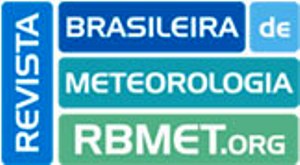Climatic and environmental conditions directly influence the development and the intensification of storms followed by atmospheric discharges and they are responsible for interruptions in the electric energy supply in the Northeast of Brazil. This study has as objective to establish relations between meteorological variables that allow formulating the influence of environmental conditions to the intensification of convective activity responsible for interruptions of the electric energy supply during years of El Niño and La Nina. The analyses are restricted to the CHESF (Companhia Hidro Elétrica do São Francisco) activity areas having most of its energy Transmission Lines installed in the semi-arid of Northeastern Brazil. The method of principal component analysis chosen as main analysis tool, allowed isolating significant atmospheric patters of moisture, wind and air temperature over the analyzed domain. Upper Tropospheric Cyclonic Vortices (UTCV) had been responsible for the development of intense precipitation systems and occurrences of transient failures in the CHESF transmission system.
Atmospheric discharge; principal component; Upper Tropospheric Cyclonic Vortices




















